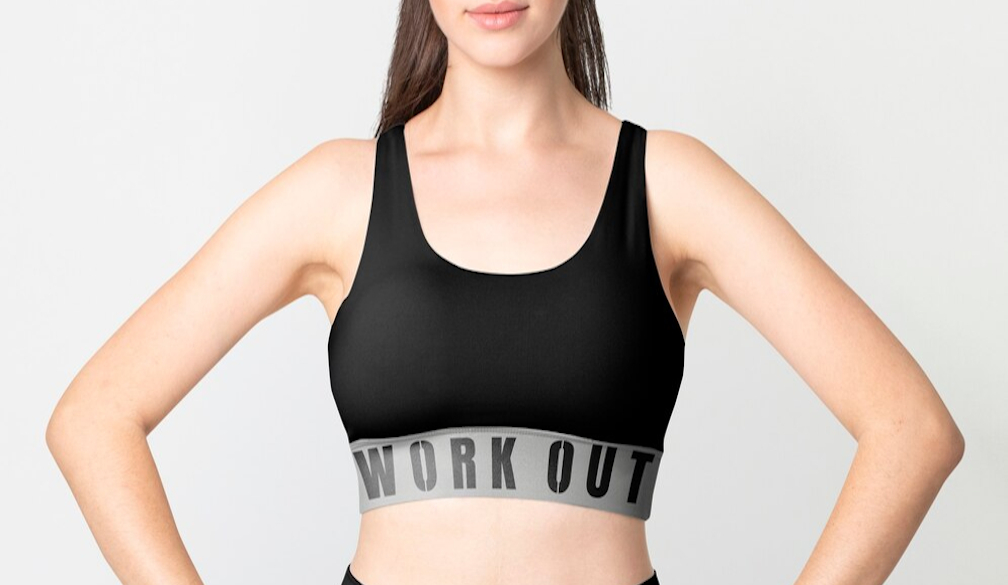SIBUR attends Geneva roundtable, discusses projects to reduce plastic pollution
- Written by Viw Magazine
GENEVA, SWITZERLAND - Media OutReach Newswire - 25 March 2024 - Representatives of SIBUR, Russia's largest producer of polymers and rubbers, attended the Ecumene roundtable in Geneva where they discussed the company's advanced initiatives in the circular economy and the mitigation of its climate impact.
The discussion took place in advance of an upcoming United Nations discussion on a legally binding global agreement to combat plastic pollution, including in the marine environment, scheduled for April 2024 in Ottawa, Canada.
Maxim Remchukov, SIBUR's Director for Sustainable Development, called polymer waste recycling an important part of the company's sustainability strategy. Under its Vivilen brand, SIBUR produces a range of polymers containing recycled plastic for various applications: food (rPET), non-food (rPO) and home decor (rPS). This initiative helps keep around 1.7 billion plastic bottls per year out of landfills. SIBUR also recycles polystyrene packaging and canisters made of low-density polyethylene.
SIBUR is implementing a number of plastic collection and recycling projects in collaboration with various partners in its regions of operations. The company supports plastic waste collection at marathons as well as football and basketball matches, and it even produces eco-friendly basketballs from recycled plastic.
The Russian government is also concerned about the environment and last year mandated that plastic-packaging manufacturers either recycle their packaging or pay a special environmental fee. Discussions are also under way regarding a ban on certain types of plastic packaging.
Remchukov noted that opportunities for recycling mechanical plastic waste were limited, depending on the quality of the material and how clean it is, whereas chemical recycling (thermolysis) has enormous potential, he said. This process converts complex and difficult-to-recycle packaging waste into hydrocarbon raw materials, which are then used to produce primary polymers. SIBUR is considering launching a pilot thermolysis plant.
The company is also a leader when it comes to the climate agenda. According to the Russian Carbon Unit Registry, SIBUR has one of the largest portfolios of climate projects among the Russian companies. SIBUR's climate projects are set to reduce CO2 emissions by over 6 million tons by the end of 2032. The company plans to sell the carbon units obtained through their implementation in Russian and international markets.
Polymer waste recycling also reduces greenhouse gas emissions by decreasing the volume of waste sent to landfills and the amount of primary raw materials used for production, which are replaced in part by recycled materials.
Hashtag: #SIBUR
The issuer is solely responsible for the content of this announcement.
For Editors:
SIBUR is Russia's largest producer of polymers and rubbers. The Company's unique vertically integrated business model enables it to deliver highly competitive products used in the consumer goods and automotive industries, as well as construction, energy, chemistry and other industries across 100 countries.





